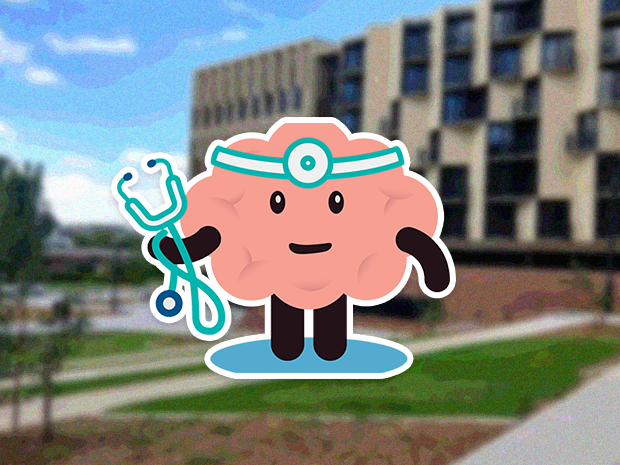“Demand for mental health services often exceeds supply”: New Mental Health Initiative by ANU Researchers

By Tom Kersten
Dr Lou Farrer is a Senior Research Fellow at the Centre for Mental Health Research at ANU. She also holds a part-time position at ANU Counselling.
Over the past 10 years, Dr Farrer and her team have established and worked on initiatives to improve the mental health of university students through the use of digital and online technologies.
Several studies examined topics such as the ‘needs and preferences for mental health interventions among ANU students’ and ‘ANU staff attitudes towards supporting students with mental health problems’.
Dr Farrer and her team have strived to involve ANU students throughout their studies, “this is really a ‘by ANU for ANU’ effort,” Dr Farrer explained.
That mental health problems are an increasingly common topic in today’s society is no secret, and Dr Farrer says “it’s fair to say that in most campuses (and indeed the broader community), demand for mental health services often exceeds supply.”
“Our work seeks to improve accessibility to alternative forms of evidence-based support that may be helpful for people who are unable or unwilling to access face-to-face support.”
“We also see our work as having a role alongside and with existing services like ANU Counselling.”
The teams latest research program consists of an innovative online mental health program nicknamed ‘UVC-Lite’, which is currently in its trial phase, in order to determine the safety and effectiveness of the program.
UVC-Lite consists of twelve brief videos designed for different topics relevant to students. The twelve topics are: Low mood, anxiety, sleep, body image, perfectionism, procrastination, stress, loneliness/isolation, social media use, suicide, unhelpful thinking patterns, and social anxiety.
“The videos are animated, start with a story about a student, and then provide information and one brief easy-to-implement strategy that students can try,” Dr Farrer said.
An informational video about the study can be seen here.
When asked why videos were the chosen format, Dr Farrer said “research suggests that visual presentation of information can be more engaging than large blocks of text.”
Further, Dr Farrer noted that reading large amounts of written information can be difficult when an individual is feeling down or anxious, therefore “we thought that videos would be an engaging and easily accessible way to provide information and support to students.”
Dr Farrer said “our plan is to make these videos available to students at ANU and other universities across Australia after the trial is finished”.
Technology plays an important role in improving student mental health, Dr Farrer believes, saying she thinks there should be an increase in the range of tools available to students, “as not everyone will gravitate toward the same kind of support.”
Dr Farrer told Observer she believes that the services offered by ANU counselling “are high quality and work hard to best meet the needs of students,” however she highlights that “investment in student mental health in universities can always be improved.”
A range of different tools will make it “easier for students to learn about their mental health, how to recognise if they might be struggling, and know what to do about it,” she said.
Improving awareness of what can be done to prevent the onset of mental health problems is also something Dr Farrer believes will benefit from further research.
“We certainly see our work as having a potential preventative role for students, in equipping them with knowledge and strategies that they can use if and when they encounter difficulty down [the] track.”
Speaking to Observer, Dr Farrer said “I’m a really passionate advocate for university student mental health. University study places additional and unique stressors on young people that can place them at risk of developing mental health problems.”
Dr Farrer believes university is a time that “is critical for young people in terms of establishing their independence, their sense of who they are, and what they want to get out of life.”
Dr Farrer told Observer “we are keen to involve a new generation of students in our work”.
“Part of our research involves asking students for their ideas about how the videos should be implemented in universities after the trial.”
Anyone interested in getting involved in the latest study can do so by clicking here, or keep up to date with the latest information by following their Facebook or Instagram.
Know something we don’t know? Email [email protected] or use our anonymous tip submission.
If you have an issue with this article, or a correction to make, you can contact us at [email protected], submit a formal dispute, or angry react the Facebook post.
Want to get involved? You can write articles, photograph, livestream or do web support. We’re also looking for someone to yell “extra!” outside Davey Lodge at 1AM. Apply today!









